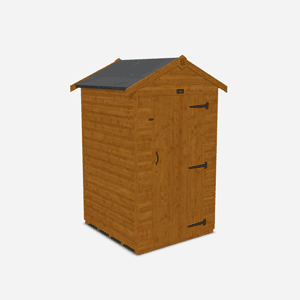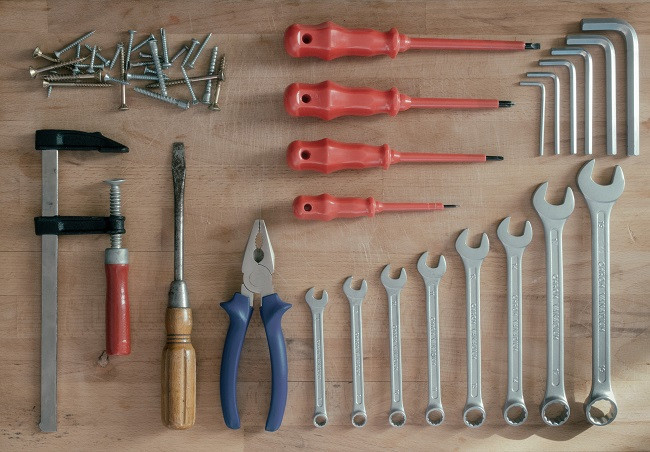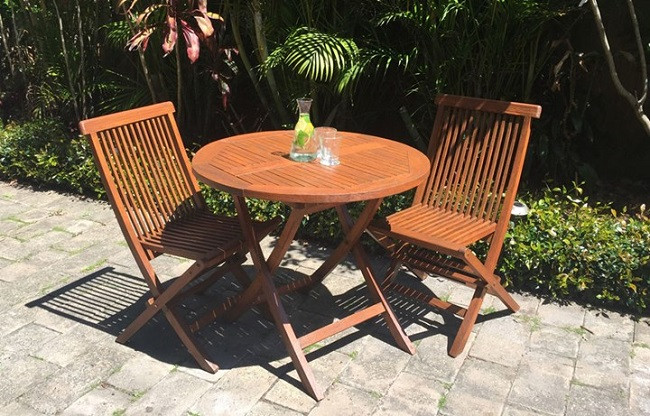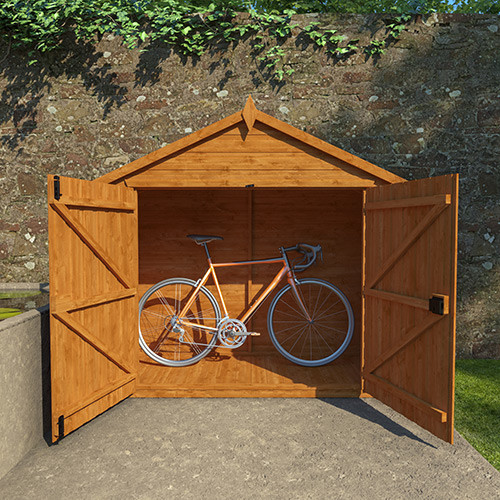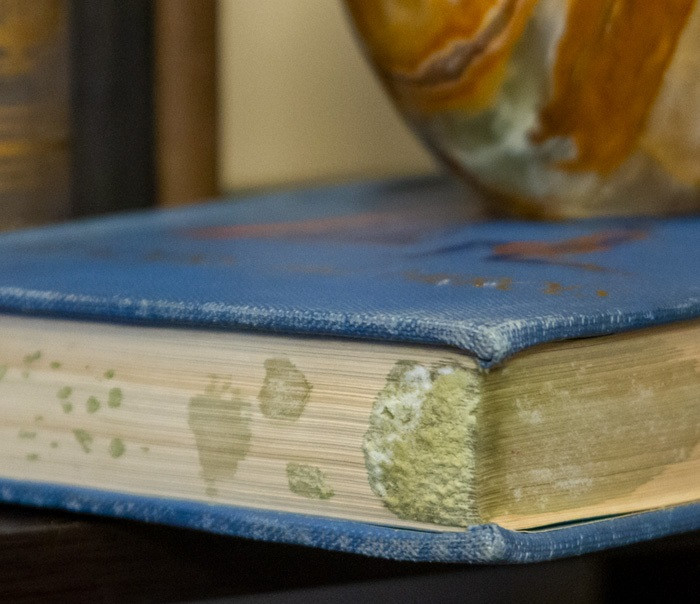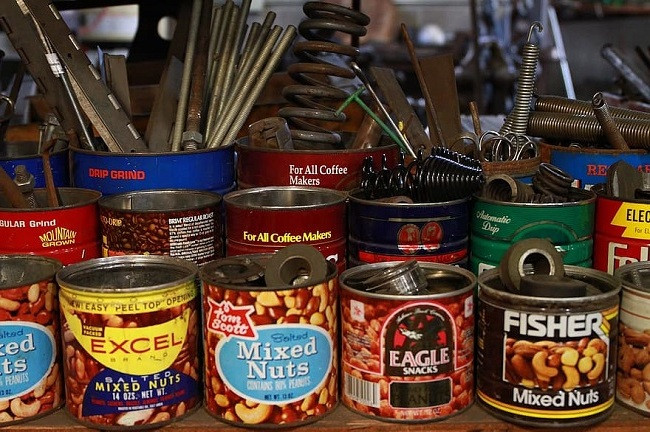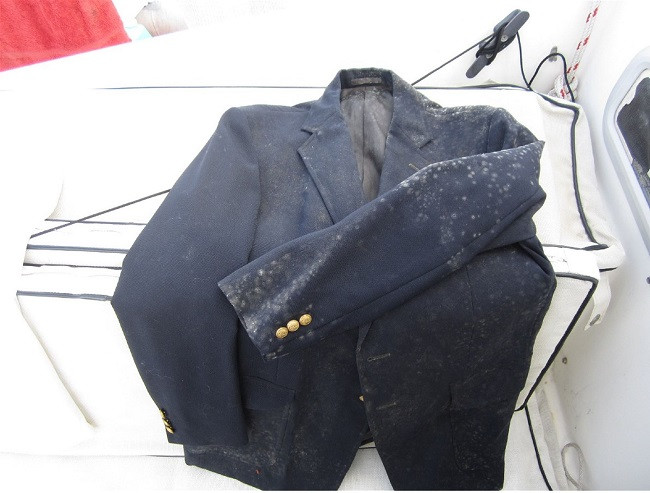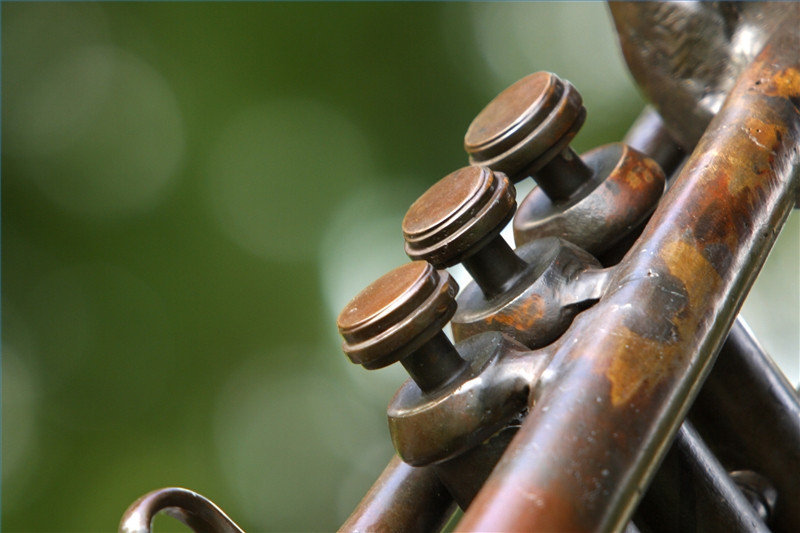5 Things to Store in Your Shed All Year Round
Published: 24/06/2021
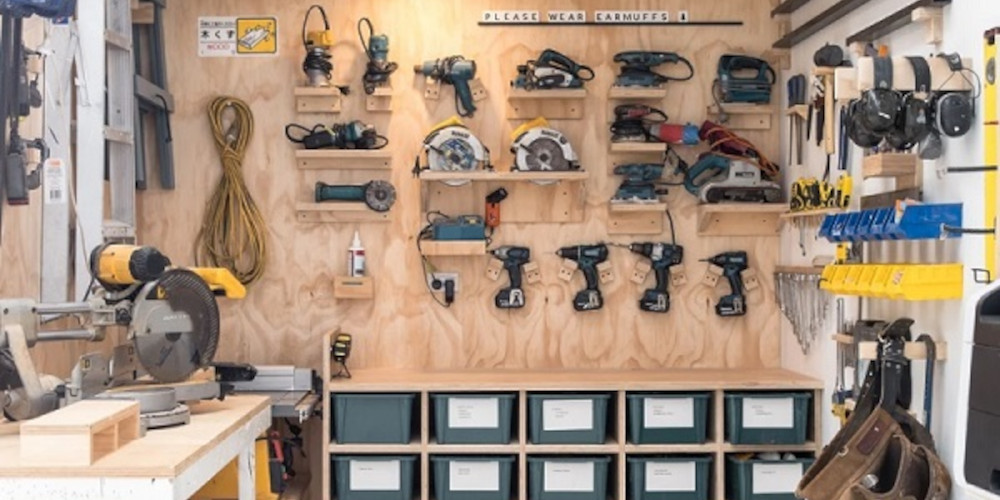
As a kind of companion piece to our post on shed storage ideas, this is our guide to what you should and most definitely should not store in your shed throughout the year.
Why is this important to consider?
Because standard sheds don’t tend to be as well insulated or ventilated as a family home, for example. It’s true you can create an insulated garden shed – and improve ventilation – from a traditional outbuilding as your base. This is true to such an extent that you can actually build a livable shed. However, assuming your building – like most sheds in the UK – isn’t equipped with insulation and isn’t a fully waterproof shed, you must consider these factors: Moisture: Whether from rain or the air, the presence of moisture can lead to the build-up of mould, mildew which can ruin clothes and paper, among other items. Temperature: Changes in temperature – especially in winter or summer – can render expensive items useless. Insects and other pests: Pesky critters can ruin all kinds of different items.
5 things you SHOULD store in your shed
We’ll get to the items you shouldn’t store in your outbuilding later. But for now, here are 5 things that are fine to store in your shed:
1. Garden equipment
Tailor-made for the trusty garden shed, lawnmowers, garden shears, hoses and wheelbarrows are heavy-duty pieces of garden equipment that won’t seize up if you leave them in your shed (although you must still take precautions). That said, wooden handles can crack in extreme cold, but you can avoid this by coating the handles with linseed oil. If you see any signs of rust, you can use a wire brush to remove them and add a rust preventer/lubricant (such as WD-40) to metal parts.
2. Tools
This applies to both hand tools and power tools – although you’ll have to be careful.
Hand tools
You are unlikely to damage most hand tools by storing them in a traditional shed (or one that isn’t specifically designed as winter garden storage). But again, extreme cold can break wooden or plastic handles if you use them when it’s very cold outside. While you can store metal hand tools in a shed, they can rust – especially when faced with big fluctuations in temperature. To help avoid this, you can apply rust prevention spray to your tools.
Power tools
In the case of power tools, it’s important to distinguish between using and storing power tools. With this in mind, it’s fine to store power tools in a shed all year round. But in cold weather, the moving metal parts could seize up if you use them in a similarly low temperature. For this reason, you should take your tools inside to warm up for a couple of hours before using them. Note: If any of your power tools come with batteries, make sure you take them out and store them inside – this is because extreme heat can corrode the battery, while extreme cold can cause it to freeze up.
3. Outdoor furniture and toys
Plastic outdoor furniture
Plastic garden chairs and tables are designed with the outdoors in mind. In other words, they resist the build-up of mould and moisture. You can also store wooden garden furniture in your shed. However, be sure to clean it as this can help it stay dry while in storage. There are some other factors you also need to consider if you want to store wooden garden furniture in your shed…
Hardwood garden furniture
Wooden garden furniture is typically made from hardwoods, such as teak, oak and eucalyptus, and typically doesn’t need to be treated to store in a shed (or be left outside). However, not doing so will weather the wood and/or the finish – and this could turn it a kind of grey colour, which some people like. However, if you want to preserve the furniture’s original colour, you’ll need to treat it with a preservative.
Softwood garden furniture
If your garden furniture is made from a softwood, such as spruce or pine, then you’ll need to treat it with a preservative if you want to store it in your shed (or leave it outside permanently).
Metal furniture
Much like metal tools, outdoor furniture with metal parts can also rust if left untreated. With this in mind, we recommend applying a rust preventer on a regular basis. As long as you do this, there shouldn't be any issues storing it in your shed.
4. Bikes
You’ll find bike sheds that, as their name suggests, are designed to store bikes. If made from high-grade timber and thick shiplap cladding (and not OSB chipboard), a wooden bike shed will remain extra rigid and should last a long time. The tight-fitting cladding will also help protect your bike from the elements. At Tiger, our wooden bike sheds are equipped with double doors for easy access, as well as shoot bolts, and a sturdy lock and key to help keep your bike secure.
5. Logs
If you want to store logs for your fire, you’ll want to keep them free from moisture and bugs. Why? Because moisture stops logs from lighting and bugs (such as woodworm) can cause all kinds of problems (especially for your wooden furniture) if you bring them with the logs into your home. As a result, you should avoid storing logs on the floor as this makes it easy for bugs to get to the wood. Likewise, it’s wise to avoid storing the logs in the open air as rain can get in the logs – leading to a lengthy drying process. But log stores can be very useful for keeping your logs away from moisture and bugs.
5 things you SHOULD NOT store in your shed
While some items seem tailor-made for your storage shed, there are many items you shouldn’t store in a shed without proper ventilation or insulation. Here are just five of those…
1. Photos, books and paperwork
Humidity and moisture are the enemies of paper. Why? Because photos could stick together in the humidity and become mouldy – and destroy precious memories in the process. Meanwhile, important documents could become illegible and unusable.
2. Paint and glue
Extreme temperatures – both cold and hot – ruin paint and solvents. In severe cold or heat, paints tend to expand and contract – curding it and rendering it useless. Temperature also affects glue. For example, it will become lumpy, gloopy, and unfit for purpose when exposed to freezing temperatures.
3. Food
As an article on goodhousekeeping.com states, canned food should be kept at no higher than room temperature (21°C/70°F) [1]. This is because food kept in cans has been shown to have a shorter shelf life when stored at temperatures that exceed 21°C. Most food also spoils at 35°C. In addition, cans (and any metal food container) can rust – especially when exposed to moisture and humidity [2]. This can cause holes to develop in the can, which can expose the food inside to contamination. As a result, it’s best to store food in a cool, dry place (such as an empty cupboard in your house) rather than a standard garden shed.
4. Clothes
Exposure to moisture and humid weather can also make your clothes musty, mouldy – and downright smelly! Plus, insects can also ruin your clothes – that’s why moth balls exist!
5. Musical instruments
Extreme temperatures are not good for most musical instruments. Sudden temperature changes can warp the necks of guitars and other stringed instruments, while also posing the threat of corrosion to brass. In addition, these temperature fluctuations dry out and crack woodwind instruments.
References
[1] https://www.goodhousekeeping.com/home/organizing/tips/a25134/garage-storage-rules/ [2] https://www.bbc.co.uk/bitesize/guides/zjb2pv4/revision/2


